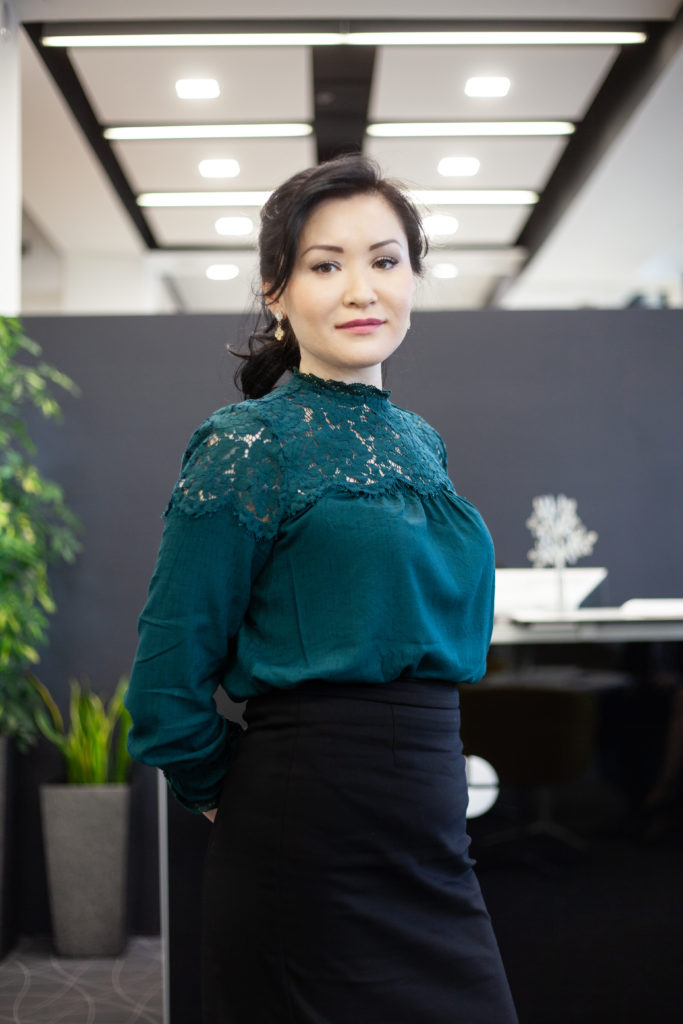The foreign policy of Kazakhstan has been based on the concept of multi-vectors over the last three decades. A balanced and multi-vector foreign policy has become a part of Kazakhstan’s unique model of development.

Kazakhstan is a landlocked country and one of its strategic tasks for gaining access to world markets and increasing export opportunities is to overcome its geographical isolation, which is possible only through the development of close ties with all the closest neighbors and building good-neighborly relations with them.
Secondly, Central Asia is a region where the interests of three great powers, Russia, China, and the United States, converge. Regional powers are also showing a keen interest: Turkey, India, Pakistan, Japan, European Union countries, each has their interests there.
The multi-vector approach is also important because, as the history of the independent development of the post-Soviet states demonstrates, an exclusive foreign policy orientation towards only one country ultimately does not meet Kazakhstan’s national interests, critically limiting the freedom for strategic maneuvering.
Kazakhstan and its First President Nursultan Nazarbayev had to determine their positions in relation to international processes that had a direct or indirect impact on the interests of the country, not in a quiet and stable time, but in the turbulent and unpredictable conditions surrounding the formation of a completely new geopolitical order.
Kazakhstan is a member of many authoritative and influential international organizations. Among them are the United Nations (UN), the Organization for Security and Co-operation in Europe (OSCE), the Organization of Islamic Cooperation (OIC), the Shanghai Cooperation Organization (SCO), the Conference on Interaction and Confidence-Building Measures in Asia (CICA), the Commonwealth of Independent States (CIS), the Eurasian Economic Union (EAEU), the Collective Security Treaty Organization (CSTO).
Kazakhstan became the first country in the Central Asian region where the OSCE summit was held after an 11-year break. The summit strengthened the authority of the country and the First President in the world. Since 2003, unique Congresses of Leaders of World and Traditional Religions have been held in the capital of Kazakhstan, uniting at one table the leaders of all leading world religious confessions.
Kazakhstan has also launched many unique and important initiatives in the international arena, which have contributed to a significant strengthening of the country’s position and the level of trust in Eurasia. These are the Conference on Interaction and Confidence-Building Measures in Asia (CICA). The idea of convening the Meeting was first presented by Nazarbayev at the 47th session of the UN General Assembly in October 1992.
And if in the early 90s there were only 16 states in the CICA, today there are already 27 full members plus eight observers. As the researchers emphasize, this forum is unique because Iran and Israel, India and Pakistan sit at the same table and openly discuss confidence-building measures, which is “worth a lot.” It should be noted that none of the 16 countries that joined the CICA at the time of the organization’s establishment left it and they continue to work actively in various areas.
Today, the policy of multi-vector diplomacy, laid down by Nazarbayev, is being continued in the policy of President Kassym-Jomart Tokayev, who emphasizes the invariability of the course chosen by Kazakhstan’s First President, within which multi-vector has been and remains a priority principle of Kazakh diplomacy.
The author is Aiman Zhussupova, an expert of the Institute of World Economics and Politics (IWEP) under the Nursultan Nazarbayev Foundation.
